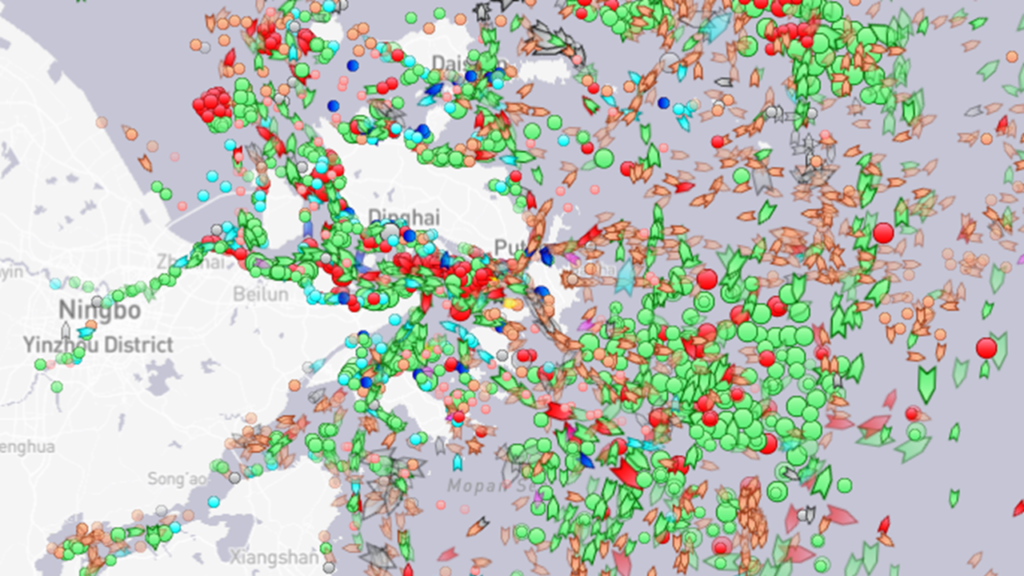My favorite headline from earlier this seek is “Oh no, not Ningbo!” (thank you Freightwaves). Dark humor can be helpful, especially given recent — recurring — events.
Early Sunday, August 8, operations were suspended at the Meishan Island International Container Terminal (MSICT) at the Port of Ningbo-Zhoushan. The Meishan Terminal usually handles about one-quarter of Ningbo’s annual volume of 27 million plus TEUs. So, global container flows suddenly lost the equivalent of the Port of New York-New Jersey.
Early hopes that the shut-down would be a precautionary pause had faded by Friday, August 13. A dockworker with symptoms initially tested negative, but on August 11 a covid diagnosis was confirmed. He shared tight quarters with many other workers in a port-side dormitory. Any reopening date is speculative. There is also speculation of the virus spreading to other terminals and other China ports.
While miniscule compared to other larger nations, since July 1 China has reported a troublesome bump in confirmed covid cases, which the authorities seem intent on suppressing with the most rigorous measures.
According to some maritime sources, to avoid being stuck in this bottleneck, seventy percent of carriers are self-diverting to other (already crowded) ports. The viscosity of global flows just thickened again. Velocity just slowed and wobbled again. Supply and price volatility further fluctuates. Implications for US and European ports (and economies) should be clear enough.
宁 means serene. 波 means wave. 紊 means confused or disordered.
Below is a screen capture of maritime flows (non-flows… knots… bottlenecks) at Ningbo on August 14 via MarineTraffic.
